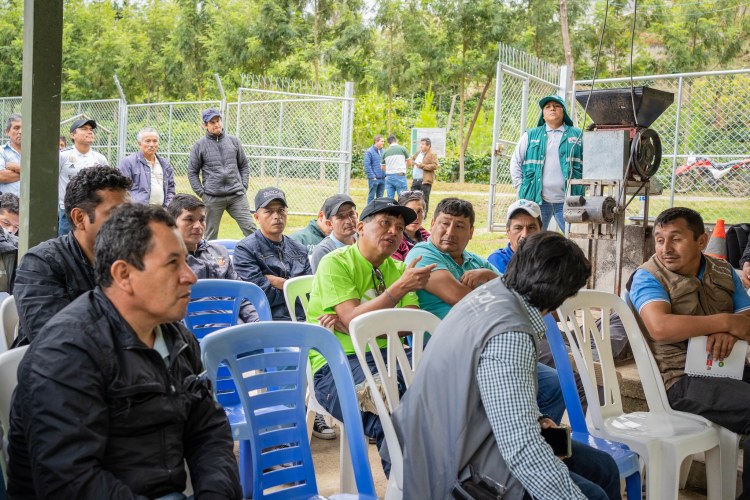During three days, more than 40 producers, academics and government representatives from Peru and Ecuador gathered in Cajamarca (Perú), for an exchange of experiences and lessons on mitigating the carbon footprint of coffee production. It was the kick-off event of the “More coffee and less CO2” project that aims to encourage strategies and policies for high yields of carbon-neutral coffee.
In May 2021, the highest emission of CO2 into the atmosphere was recorded: 415 parts per million. This translates into an increase in global temperature, the effects of which especially affect socio-economically strategic crops in the Andean region, such as coffee.
According to the Intergovernmental Panel on Climate Change (IPCC), agriculture contributes between 10 and 12 per cent of all greenhouse gas emissions.















